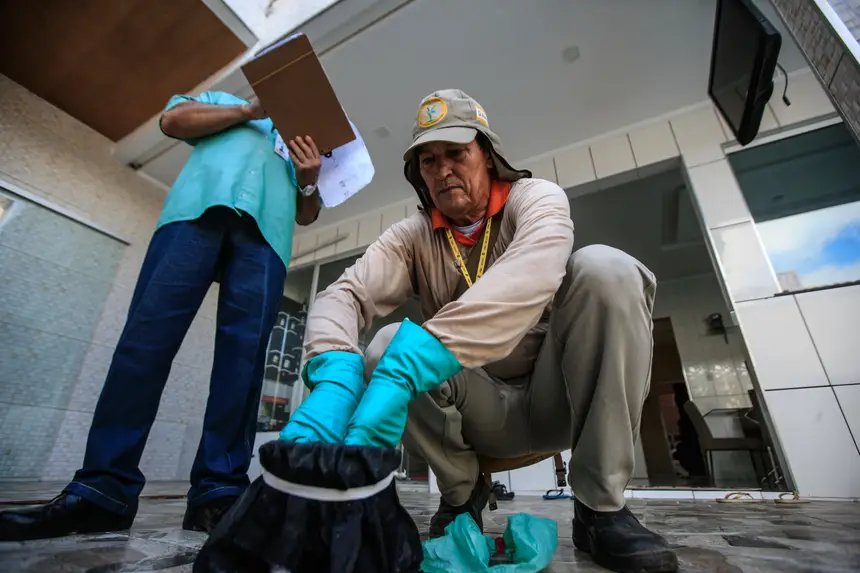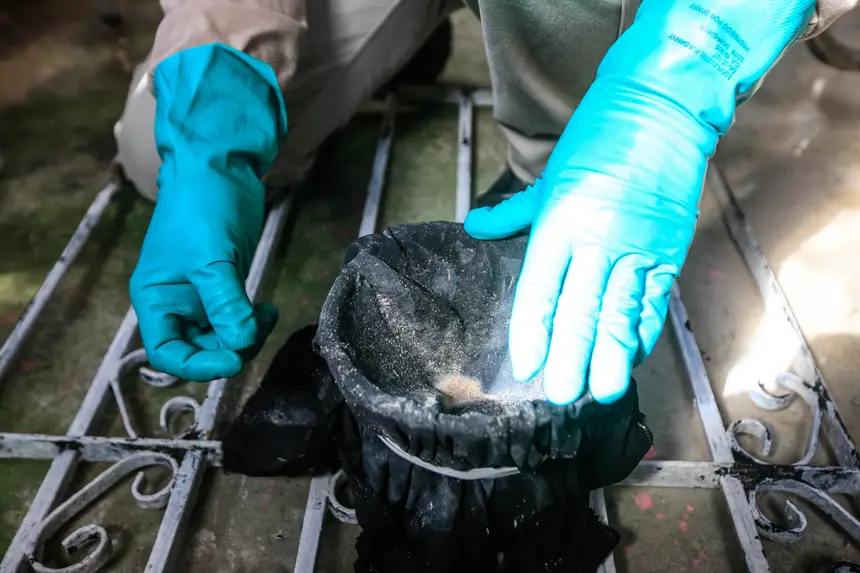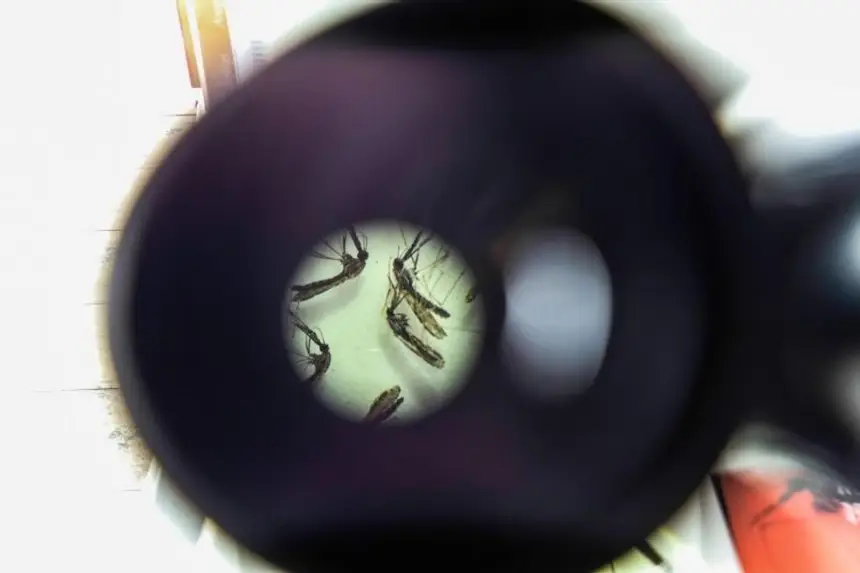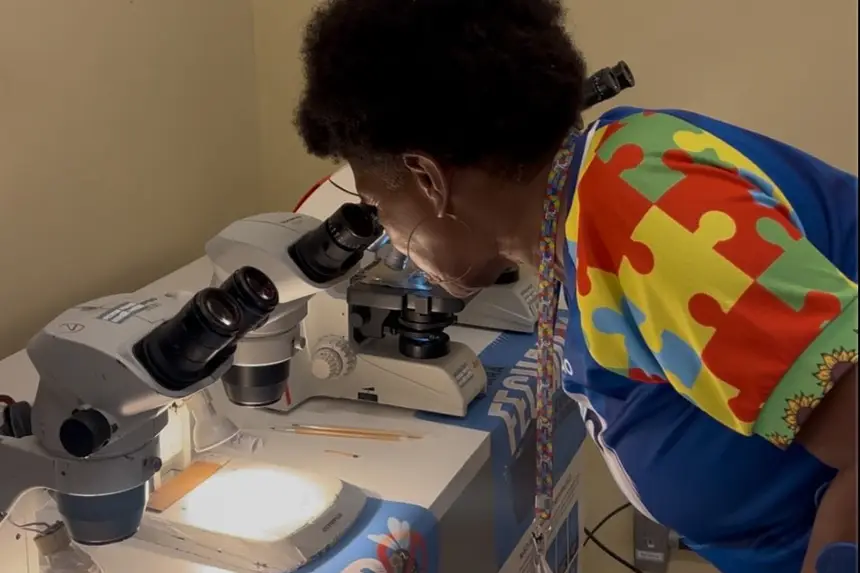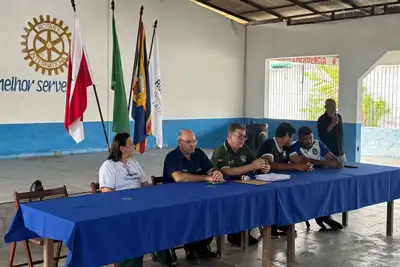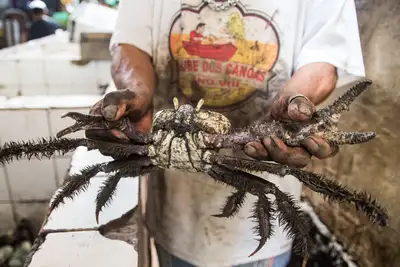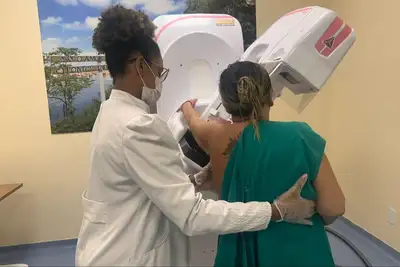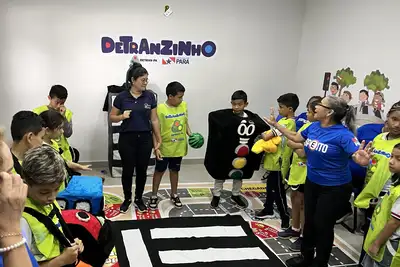Intense heat period requires extra attention to avoid arboviruses
Even with the decrease in rainfall, the Amazon summer requires care to prevent viral diseases such as dengue, zika, and chikungunya
With the decrease in rainfall in some regions of Pará, a period known as the Amazon summer, it is common for the population to relax the precautions that prevent arboviruses (viral diseases transmitted by mosquitoes, spiders, and ticks). However, even during this period of more hours of sunlight and intense heat, it still rains in the late afternoon and at night, which favors the proliferation of the mosquito Aedes aegypti, transmitter of diseases such as dengue, zika, and chikungunya. Therefore, the State Department of Public Health (Sespa) emphasizes that prevention remains the best way to combat these diseases.
According to the state coordinator of Entomology at Sespa, Bárbara Almeida, even with the reduction of rainfall indices, precautions must remain. “During the summer, we really have a decrease in vector density and, consequently, in the number of cases. However, this does not mean that the risk has ceased to exist. Vigilance must continue, especially because rain still occurs frequently at the end of the day and at night,” she reinforces.
Signs and symptoms - Among the main symptoms of dengue are high fever, headache, intense muscle pain, pain around the eyes, red spots on the skin, fatigue, and loss of appetite. Zika usually causes low fever, red spots, and redness throughout the body. Chikungunya presents high fever and severe joint pain, as well as muscle pain, skin spots, and extreme fatigue.
“Dengue is the one that presents the highest risk of complications, which can evolve into severe cases. Chikungunya causes severe joint pain, which can last for weeks or months. Zika, although milder, requires attention as it is associated with neurological complications, especially in pregnant women,” explains the coordinator.
Permanent cleaning - For those who intend to enjoy the dry season in forest areas, sites, or regions near rivers, it is ideal to always use repellent and, if possible, wear clothing that protects the skin from insect bites.
For those who will leave the house closed for a few days, the guidance is to adopt preventive measures before traveling. “It is essential to close the main water valve, properly cover the toilets, seal drains with adhesive tape, eliminate any containers that can accumulate rainwater, and keep the yard clean. If possible, leave a key with a trusted neighbor or relative to allow health agents to inspect if necessary,” highlights Bárbara Almeida.
The coordinator also emphasizes that the responsibility for prevention is collective and starts at home. “It is no use waiting only for the public authorities. The fight against the mosquito requires the involvement of the entire community. At the slightest sign of fever or other symptoms, the recommendation is to seek a health unit immediately for diagnosis and follow-up,” she adds.
Daily care in households:
* Keep water tanks, barrels, and drums well closed;
* Properly dispose of garbage and keep trash cans covered;
* Avoid water accumulation on roofs;
* Store bottles upside down;
* Store tires in covered places;
* Protect drains with fine screens;
* Seal septic tanks;
* Fill plant pot supports with sand up to the edge, and wash them weekly, and
* Eliminate any objects that can accumulate water, such as bottle caps or eggshells.
The Basic Health Network is the entry point for treating patients with symptoms. Anyone presenting high fever (above 38°C), body and joint pain, pain behind the eyes, malaise, loss of appetite, and/or headache should seek immediate medical attention.


